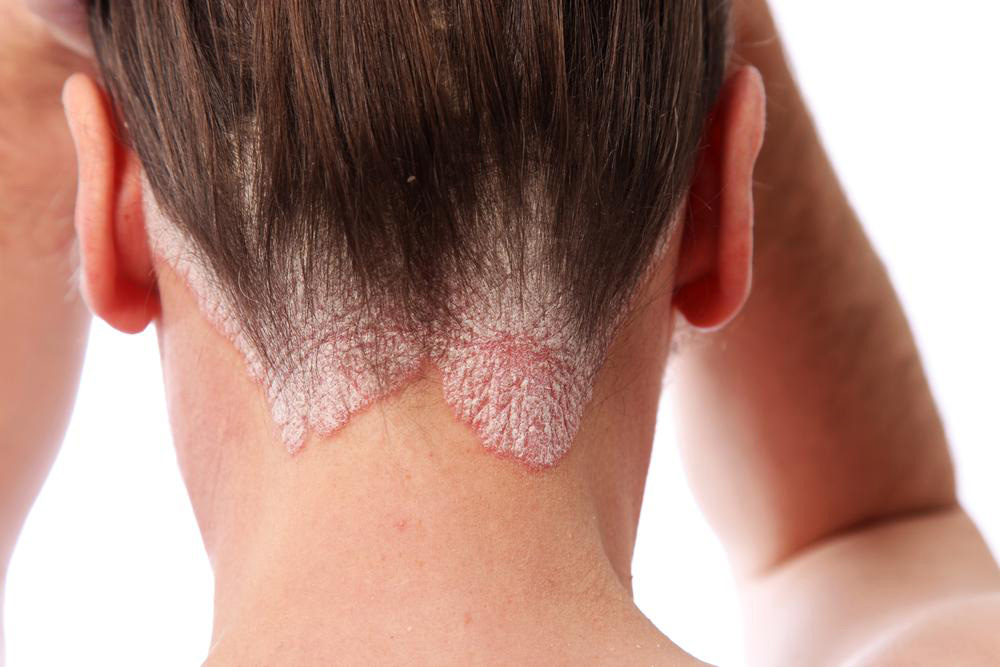Comprehensive Guide to Understanding and Effectively Managing Scalp Psoriasis
This comprehensive article explores scalp psoriasis, covering its causes, symptoms, triggers, and modern treatment options. It emphasizes early detection and personalized care to effectively manage this skin condition, improving the quality of life for sufferers. The article highlights lifestyle adjustments, medical therapies, and preventive measures crucial for controlling flare-ups and maintaining scalp health.

Comprehensive Guide to Understanding and Effectively Managing Scalp Psoriasis
Scalp psoriasis is a common and often distressing skin condition that affects millions worldwide. It manifests as red, scaly patches on the scalp, which can range from mild irritation to severe inflammation. If left untreated, scalp psoriasis can negatively impact an individual's self-esteem and overall well-being. This article provides an in-depth look into the causes, symptoms, triggers, and effective treatment options available to help manage this condition effectively. Whether you're newly diagnosed or seeking better ways to control flare-ups, understanding scalp psoriasis is essential to maintaining healthy scalp skin and hair.
Scalp psoriasis is characterized by the presence of raised, reddish patches covered with silvery-white scales. These patches often cause significant itching, dryness, and discomfort, and in some cases, may lead to bleeding if scratched excessively. The severity of scalp psoriasis can vary widely, from mild symptoms affecting small areas to extensive involvement that covers the entire scalp. In addition to the scalp, psoriasis can also appear on the neck, behind the ears, or on the forehead, complicating the diagnosis and treatment process. Recognizing early signs and symptoms is key to preventing disease progression and improving quality of life.
Understanding the underlying causes of scalp psoriasis is crucial to managing and preventing flare-ups. The condition results from an immune system malfunction where skin cells are produced at an abnormally rapid rate. This rapid turnover leads to the buildup of cells on the surface, forming flaky, scaly patches. Several factors can trigger or exacerbate scalp psoriasis, including genetic predisposition, immune system abnormalities, stress, infections, skin injuries, cold weather, and certain medications. Nutritional deficiencies, particularly of vitamin D, Omega-3 fatty acids, and other essential nutrients, may also influence disease severity.
Effective management of scalp psoriasis involves a combination of medical treatments and lifestyle adjustments. Self-treatment without medical supervision is discouraged, as improper care can worsen symptoms. Dermatologists usually recommend a tailored treatment plan that may include medicated shampoos containing coal tar or salicylic acid to reduce scaling and inflammation. Topical corticosteroids can help relieve itching and redness, while vitamin D analogs may also be prescribed to regulate skin cell growth. In more severe cases, phototherapy or systemic medications such as biologics might be necessary. Regular follow-up with healthcare professionals is vital to monitor progress and modify treatments accordingly.
To mitigateTriggers for scalp psoriasis, it is critical to identify and avoid factors that can worsen the condition. Maintaining a healthy, balanced diet rich in anti-inflammatory foods can support skin health. Managing stress through relaxation techniques, regular exercise, and adequate sleep is equally important. Additionally, avoiding skin injuries, harsh hair products, and extreme weather conditions can help prevent flare-ups. Good scalp hygiene, including gentle washing and moisturizing, can also alleviate discomfort and reduce scaling. If you notice persistent redness, flaking, hair loss, or worsening symptoms, seek prompt consultation with a dermatologist to develop an effective treatment plan.
In conclusion, scalp psoriasis is a manageable condition with the right approach. Early diagnosis, personalized treatment, and lifestyle modifications can significantly improve symptoms and quality of life. Advances in dermatology continue to provide more effective therapies, allowing those affected to lead healthier, more comfortable lives. If you're experiencing symptoms, do not delay seeking professional medical advice to ensure proper care and avoid long-term complications. Remember, managing scalp psoriasis is an ongoing process that benefits greatly from expert guidance and committed self-care.





